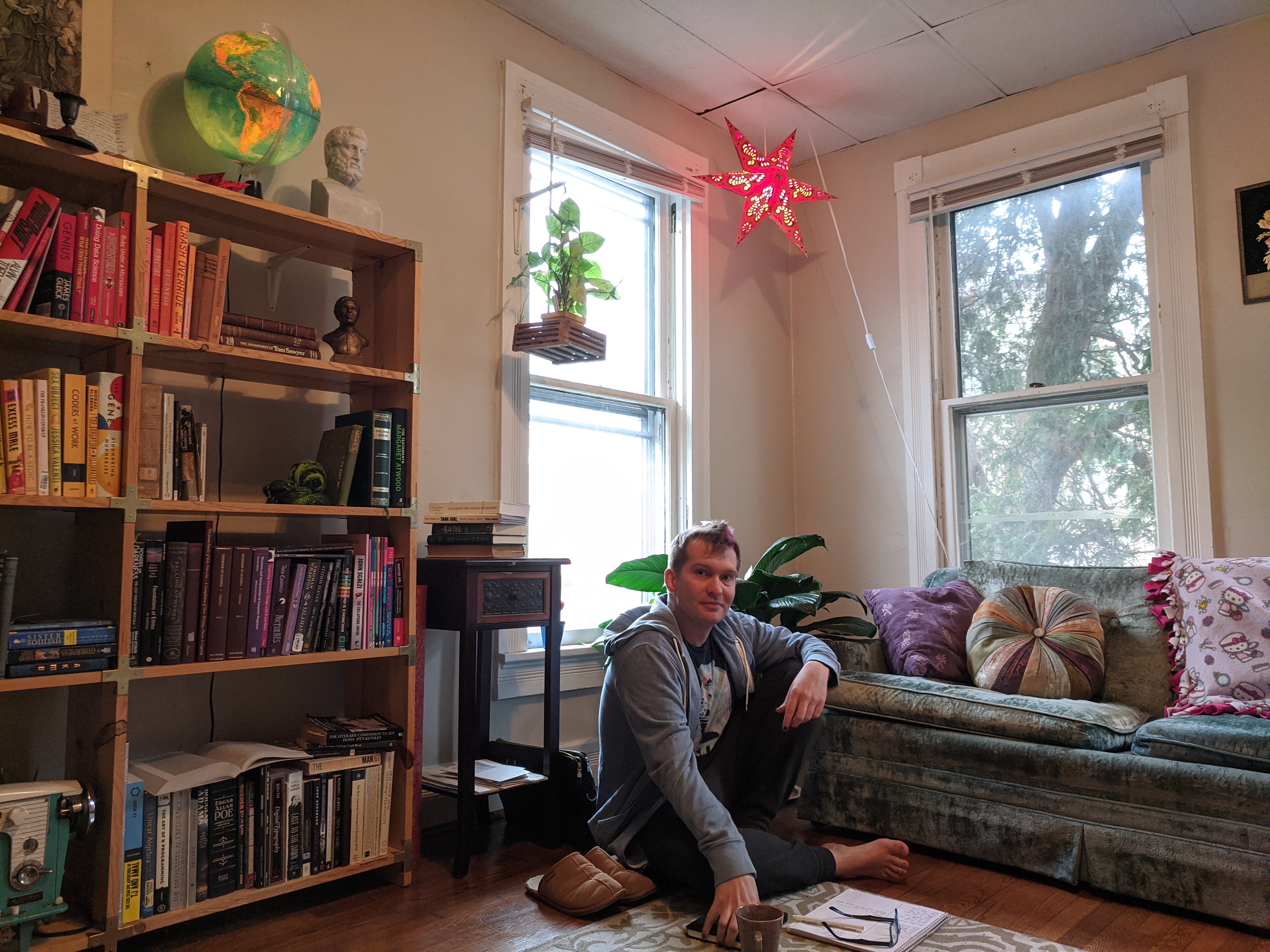On being not afraid
Before all the bars here in New York State were closed last week, a lot of people kept going to them when the risk of Coronavirus was quickly escalating. Reporters asked them why; people explained it's because they were not afraid.
I can understand that impulse. I think about my friend Barbara, who was working from a coffee shop in a mall in Nairobi, Kenya in 2013 when terrorists attacked. She only narrowly survived the attack; many others did not survive.
This did not stop Barbara from going to coffee shops. I visited her in Kenya not long afterward. We went to malls and coffee shops and bars together, even though we (and especially she) were keenly aware that deadly attack was a possibility in any public place. All of Nairobi knew it, but the city's amazing nightlife didn't pause.

Another story: I went to a party in a cornfield in rural Nebraska the summer I was 19. Some guy at the party threatened me and attempted to attack me with a hammer because he believed I was gay. I fled for my life, and walked three miles home, barefoot.
That experience didn't stop me from going to parties. It did not stop me doing things that make me seem gay, or from living in Nebraska.
I would not say I am unafraid of attack by terrorists or homophobes, but evidently I'm not so afraid as to change my behavior much. I don't think this is an uncommon attitude. People routinely accept risks like these in exchange for a fun evening at a bar. It feels good: defiant, vital, adventurous.
But this time, I'm staying home. Because THIS SITUATION IS TOTALLY DIFFERENT. People going out to a bar now are not taking a calculated risk upon themselves; they are putting others at risk who have not agreed to accept that risk. The exponential growth potential of infection greatly magnifies risk — you can now do way, way more harm to others than you can possibly do to yourself.
Saying you are "not afraid" of that is saying that you are not afraid of hurting people. New Yorkers who were not afraid are now watching the corpses pile up.